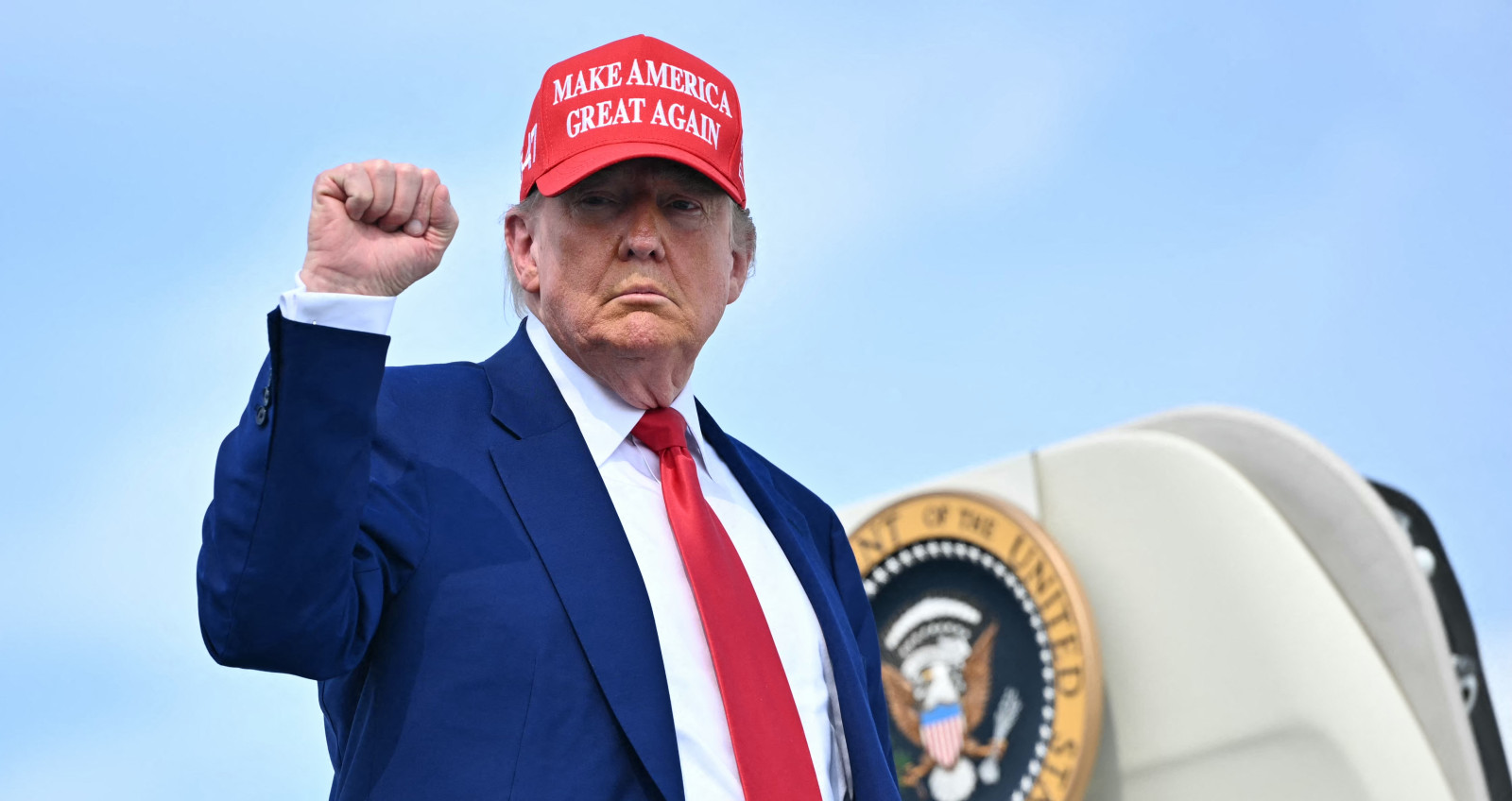A recent report by The Washington Post is sending shockwaves through the media and political circles by dismantling longstanding claims that sought to tie former President Donald Trump to the notorious sex offender Jeffrey Epstein. The article, surprising in its clarity given the outlet’s traditional editorial leanings, states there is no credible evidence implicating Trump in Epstein’s criminal enterprise.
This revelation comes amidst renewed media attention on Epstein’s inner circle, further amplified by conspiracy theories, defamation lawsuits, and leaked documents that continue to dominate headlines years after Epstein’s death.
Breaking the Narrative: What the Report Actually Says
For years, Democrats and some media figures have speculated about Trump’s association with Epstein, citing photos, party appearances, and overlapping social circles in the 1980s and 1990s. But The Washington Post’s recent report draws a definitive line: there is no evidence that Trump was involved in any of Epstein’s sex trafficking crimes.
While Trump and Epstein were once known to attend the same elite events in Palm Beach and New York, their relationship reportedly soured in the early 2000s after a personal dispute over a real estate deal. Since then, Trump has repeatedly denied any involvement in Epstein’s criminal activities.
The White House Responds: No Client List Exists ❌
A statement from Trump’s office emphasized two points:
There is no verified client list associated with Epstein’s trafficking operation.
Epstein’s death was officially ruled a suicide, directly countering persistent conspiracy theories that suggest otherwise.
This position has further fueled controversy online, as theories regarding who may have been complicit in Epstein’s crimes continue to circulate.
The Letter Controversy: Wall Street Journal Under Fire
Adding fuel to the media storm, The Wall Street Journal recently published what it claimed was an inappropriate birthday message allegedly written by Trump for Epstein’s 50th birthday. The note, said to be part of a compilation prepared by Ghislaine Maxwell, has drawn criticism for its vulgar tone and timing.
However, Trump has categorically denied authoring the letter, calling the report “fabricated” and “malicious.” His legal team has announced plans to file a lawsuit against the publication for defamation.
DOJ Promises Transparency
In response to the intensifying media and public scrutiny, Attorney General Pam Bondi made a rare public statement, pledging that the Justice Department will seek to unseal grand jury materials and internal documents connected to the Epstein investigation.
“Americans deserve clarity, not insinuation,” Bondi said during a Thursday press briefing.
“Our office will seek the court’s approval to unseal specific grand jury materials that may illuminate this situation.”
Her remarks have been interpreted by both critics and supporters as a step toward restoring public trust in the investigative process and quelling speculative narratives.
Legal Experts Urge Separation of Issues ⚖️
Some legal commentators have noted that recent civil court rulings involving Trump—including defamation and sexual assault cases—have been inappropriately conflated with the Epstein saga. These experts urge the public to differentiate between unrelated legal matters, noting that no evidence has emerged linking Trump to any of Epstein’s known offenses.
Final Takeaway: A Turning Point in the Public Discourse?
While the political and media storm surrounding Jeffrey Epstein is far from over, The Washington Post’s report may mark a turning point in the public narrative—especially among moderate and independent voters who have long harbored questions about Trump’s connection to the disgraced financier.
As the DOJ continues its effort to unseal classified materials, and as Trump’s legal team pursues action against false reports, this development could be the beginning of a broader reckoning—not just about what happened, but about how we talk about it.

